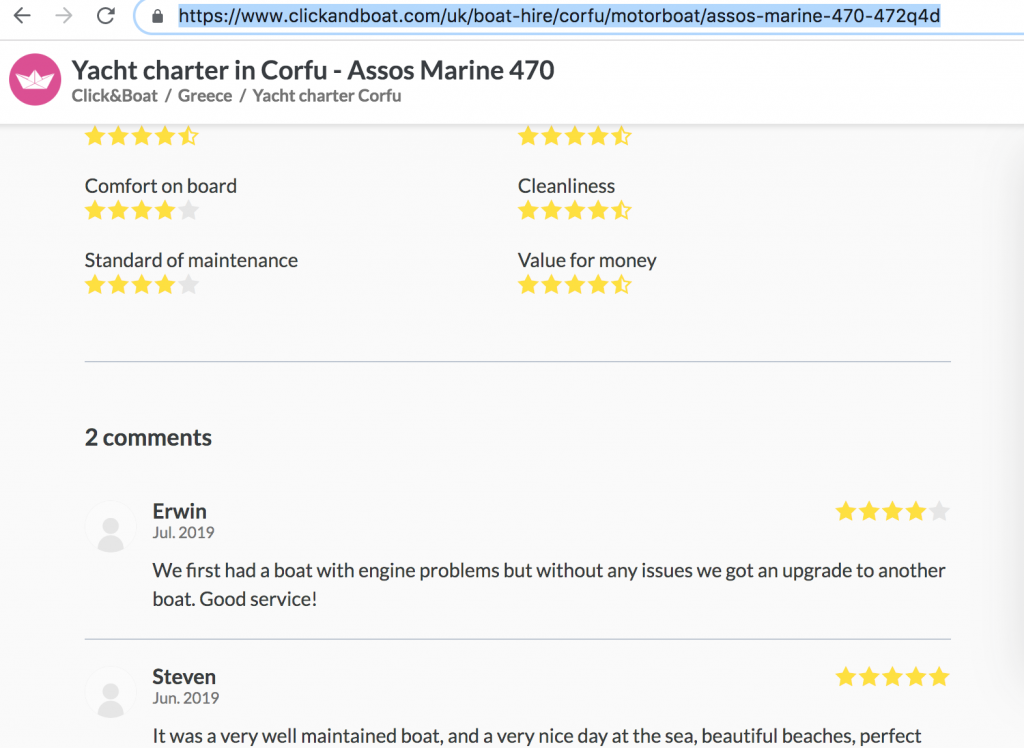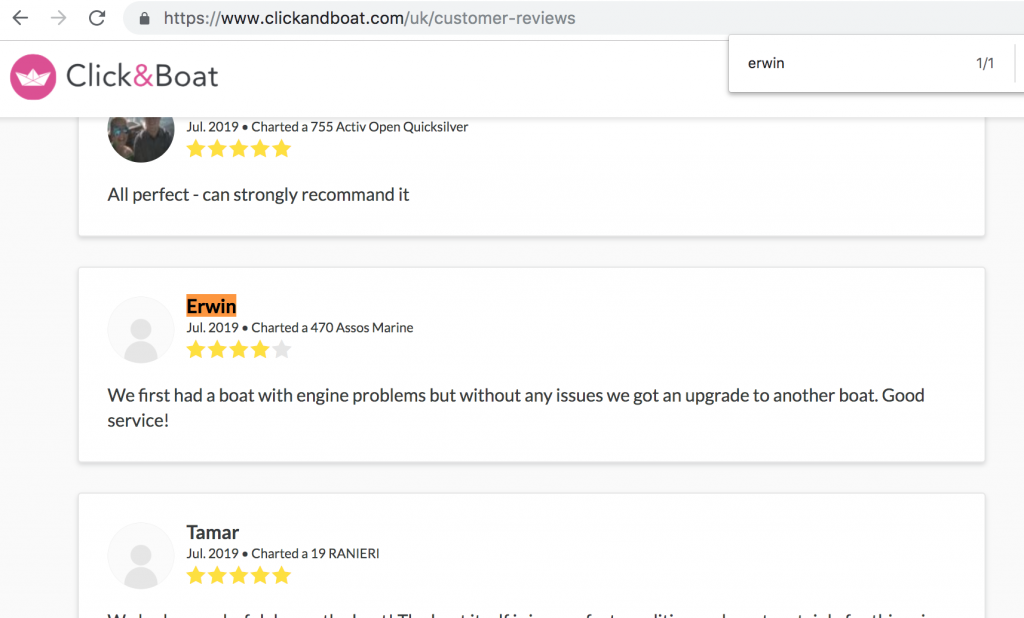An example of how to use Structured Data markup to display your 5 star rating in Google search results
Update 12 Feb 2020 – Google recently published this blog post announcing changes to Rich Result for Reviews. Rating stars are generally no longer shown in SERPs for “self-serving” reviews (ie a review of a company published on the company’s own site). However, if your on-site reviews relate to a specific product (and other items) you can still gain valuable Rich Results by including Reviews with the correct schema data.
—Original Blog post starts here—
Bottle Green have been working with a client to implement Structured Data SEO across their site. The client is in the process of building an on-site review function for customers to review their products.
From our experience we knew this was a great opportunity to add Schema markup to the page templates. If this is done correctly we can increase the chances of the company’s 5-star ratings being displayed in the search engine results pages (SERPS).
Why you should add structured data to reviews on your website
Google recommend using Schema.org structured data wherever possible on your website. This helps them to better understand your page content. More importantly, Google often use these snippets of code to pull specific information from your website to display directly in the search results.
For example, 5 star reviews.
If your listing has 5 star aggregate reviews showing in the SERPs, generally your click-through rate will improve because:
- The yellow stars are eye-catching so users are drawn towards your listing
- Trust is immediately built up if users can see that you have a high average review score from your customers.

A clever example of Review schema data being done well
I’ll go into more detail about structured data SEO in future blog posts. For now I’d just like to show the results you can get when this is done well.
This example comes from one of our client’s competitors, Click&Boat – a boat rental company. Click&Boat have hundreds of boats available to rent.
After each rental the customer is invited to leave a review. This review gets published on the page which has the details of the specific boat they hired. This is all marked up with schema data, so the reviews for each individual boat get displayed in the SERPs. (Each boat is also marked up as a Product, for extra SEO benefits)

Now let’s look at how this page is listed in the SERPs. The structured data generates 5 stars from 1 review (Google has yet to recrawl the page and include the most recent rating – hence only 1 review).

This means that Click&Boat have hundreds of product pages displaying customer ratings in SERPs – excellent for SEO and click-through rate.
The clever part comes when they now take every single review from across the site and publish them again on their ‘Reviews’ page. You can see Erwin’s review duplicated below.

Now let’s look at how the reviews page is listed in SERPs…

An average rating of 4.7 from a whopping 53,244 votes!
By being clever and ensuring all the on-site reviews are correctly tagged with Schema markup AND by also gathering all the reviews on one page, Click&Boat have gained a double SEO advantage in the SERPs!
Not only is it possible to get star ratings displayed in your search results. By using some clever coding it is possible to utilise each review twice to make your Product look good AND make you Company look great!
Bottle Green are ready to help you add Structured data SEO to your business website. Get in touch today to discuss your plans.
